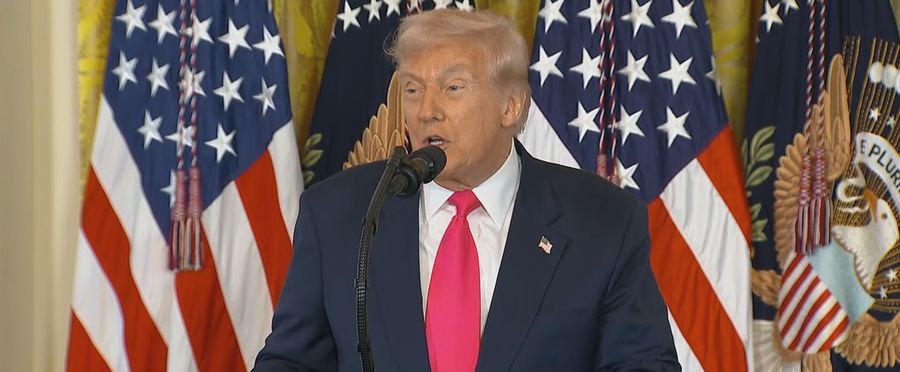In an assertive move towards creating a stable economic dialogue, the United States and Japan have agreed to waive mutual tariffs on a broad range of food products. This tariff exclusion aims to foster import-export relationships and ease economic hardships for consumers and manufacturers alike. The details regarding which specific goods are covered under the agreement are yet to be released. The adjustment is anticipated to impact both economies positively.
This issue is significant in Japan as the country is largely dependent on food imports due to limited land for agriculture. Japanese consumers and importers are expected to benefit from the tariff exclusion in monetary terms, easing household expenses and encouraging diversification. On an economic level, it reinforces the cooperation between Japan and the US, which holds an essential implication in the national and international political sphere amid rising globalization challenges.
US-EU relationships have faced several economic disagreements in the past, particularly over mutual tariffs. However, any move towards tariff exclusion has been seen as a positive step towards cooperation in both regions. This case is similar to the recent US-Japan tariff waiver, which will likely boost economic relations and foster positive diplomatic ties much like in the EU-US scenario.

